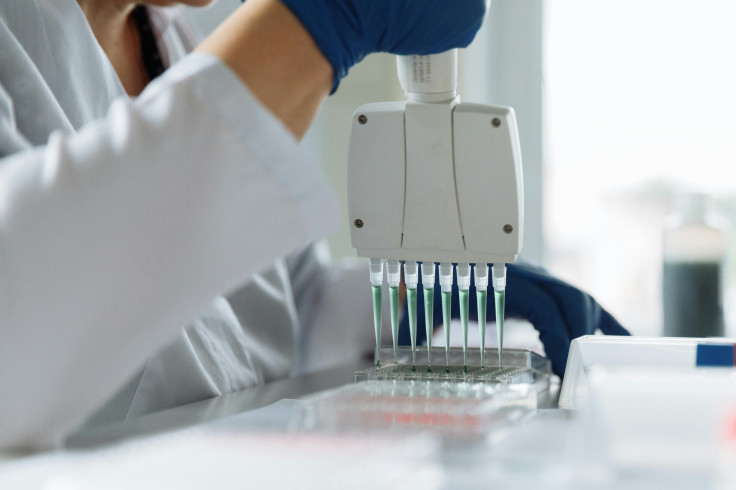
A new report has revealed that U.S. Customs and Border Protection (CBP) has collected DNA from over 1.5 million migrants since 2020—including more than 133,000 children and teenagers—and submitted the genetic profiles to the FBI's Combined DNA Index System (CODIS), a national criminal database traditionally reserved for individuals arrested or convicted of serious crimes.
Critics, however, believe the program reinforces harmful narratives about immigrants and intensifies existing policing practices that target immigrant communities.
Documents released by CBP earlier this year and reviewed by Wired provide the most detailed account to date of the agency's DNA collection efforts, which were ramped up following a 2020 Department of Justice (DOJ) rule mandating compliance with federal DNA collection laws.
The data includes a genetic profile from at least one 4-year-old child. Although Department of Homeland Security (DHS) policy generally exempts individuals under 14 from DNA collection, field agents are allowed to operate based on their own assessment. Of the minors listed under age 14, only five were identified as linked to criminal charges; the rest were labeled "detainee."
"In order to secure our borders, CBP is devoting every resource available to identify who is entering our country," Hilton Beckham, CBP's assistant commissioner of public affairs, told the outlet. "CBP collects DNA samples...from persons in CBP custody who are arrested on federal criminal charges, and from aliens...subject to fingerprinting and not otherwise exempt."
However, most of those included in the data were not listed as having committed any crimes. In fact, as a recent report from the Center on Privacy and Technology and Georgetown explains, the pace of genetic data collection would not have been possible in a criminal legal context:
"Until 2020, almost all the DNA profiles in CODIS's 'offender' database were added by state and local police and other criminal law enforcement agencies. In the criminal context, there are some limitations on when, how and from whom criminal law enforcement agencies can take DNA which make the process of amassing samples cumbersome and resource-intensive"
Critics say this expansion amounts to a broad form of surveillance with lasting implications. "It's not a fair system to keep DNA of people who have not committed crimes on the assumption that they likely will," Sara Huston, an expert in genomics policy at Northwestern University, concluded while speaking to Wired.
© 2025 Latin Times. All rights reserved. Do not reproduce without permission.








